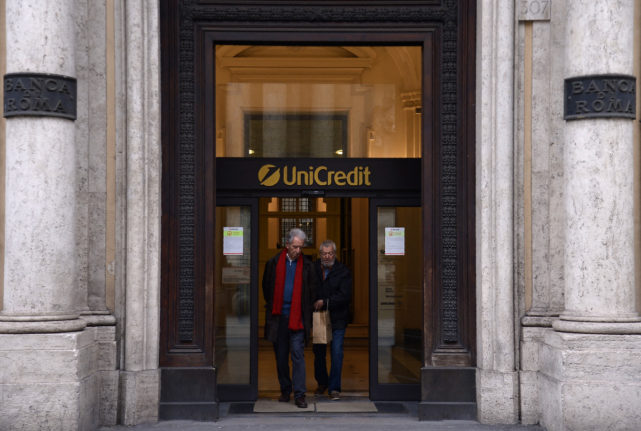The family-run Tre Portici bar in the town of Bresso, Milan, has been forced to close for three days after Italy’s Finance Police found that it had evaded €7.20 in tax over a period of five years.
The bar was also slapped with a €2,500 fine, TGCOM24 reported.
According to the TV channel, the owners of the bar were caught on five occasions by the finance police for not printing receipts for a few coffees and two croissants.
In protest against the penalties the bar’s owners Dino Tucci, 64 and his son Massimiliano, 32, pasted a letter of reply onto the window of their bar addressed to the Agenzia delle Entrate, Italy’s Income Revenue Authority.
“The main goal is to make money and all costs. These ‘signori’ do not care if we work 16 hours a day, if we have to neglect our families to be at work, or if someone gets a heart attack from too much stress,” read the letter, according to Milan-based daily Il Giornale.
Within hours, dozens of signatures had appeared underneath the letter in support of the pair. Some also left messages of support to the pair against what they believe to be an unjust penalty.
Meanwhile, in Treviso, northern Italy, the restaurant credited with inventing Tiramisù announced that it would be closing for good due to lack of customers.
“There has been a fall in [the number of] customers,” Le Beccherie's owner Carlo Campeol told Corriere della Sera. “There are no more politicians, businesses or general public [coming here].”
Instead of dining out at restaurants people are choosing to go to bars for extended “aperitivi”, he complained.
Don't miss a story about Italy – Join us on Facebook and Twitter.




 Please whitelist us to continue reading.
Please whitelist us to continue reading.
Member comments